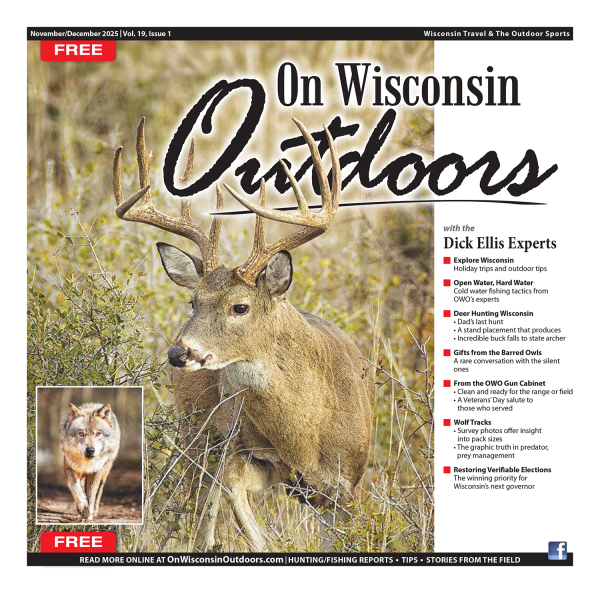We need your help! West Nile virus monitoring efforts for ruffed grouse will begin this fall
Are you planning to spend time in the outdoors this fall? Wisconsin DNR is asking for your help in regional monitoring efforts for West Nile Virus in ruffed grouse. If you’re a grouse hunter, we ask that you submit samples from harvested ruffed grouse using self-sampling kits. These efforts will focus on the core ruffed grouse range in the central and northern forests. In addition to collecting samples from harvested ruffed grouse, the DNR is asking the public to report any sick or dead grouse observed while out in the field.
DNR staff have assembled 400 self-sampling kits for ruffed grouse hunters - these kits contain detailed instructions and all the supplies needed to collect and ship one sample. Hunters will be asked to collect a small amount of blood along with the heart from their harvested grouse.
If you hunt the central and northern forests and would like to participate in the West Nile virus monitoring effort, sampling kits can be requested through yourcounty wildlife biologist and will be available in early September. The number of kits provided per individual may be limited to ensure samples come from a large geographic area.
Hunters will be provided test results via email. Testing of samples will not begin until after the grouse season has closed, and final results will not be available until several months after the close of the season. West Nile Virus is transmitted by the bite of an infected mosquito, and there is no evidence that this disease can be spread by handling dead birds or consuming properly cooked game.
Not a grouse hunter? We need your help, too!
If you see any ruffed grouse that appear sick or emaciated, or if you find a freshly dead grouse, take note of the location and promptly call your county wildlife biologist for possible submission of the dead grouse for further investigation and to help us keep track of such reports statewide.
If you are willing to collect the bird for carcass testing, please keep the entire bird intact. Place it into a plastic bag and keep the bird cool (but not frozen) and bring the whole ruffed grouse carcass to your county wildlife biologist the same or next day. Prompt collection of ruffed grouse is necessary to prevent decomposition or scavenging. It is recommended you wear gloves whenever handling dead animals, even those that appear healthy.
If refrigeration and prompt delivery are not possible, carcasses should be frozen and submitted to county wildlife biologists as soon as possible.
Carcasses in poor condition (scavenged with openings into the body cavity, having an odor, more advanced decomposition) will not be usable for testing, but please take note of the location and report these sightings to your county wildlife biologist.
We’re working hard to learn more, and thank you in advance for your help!







